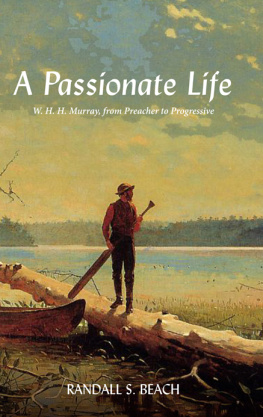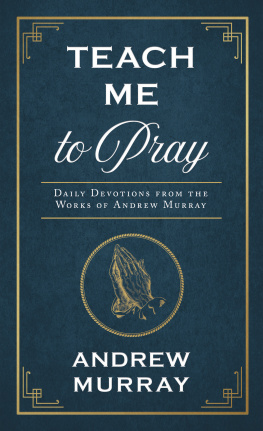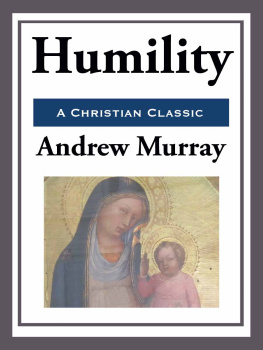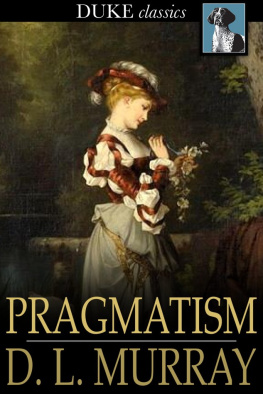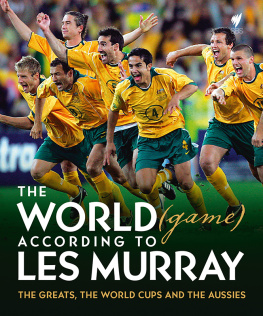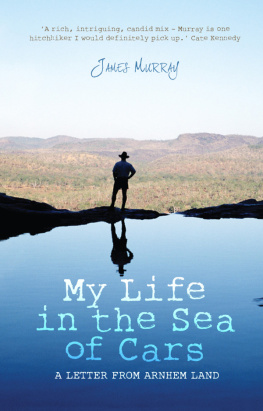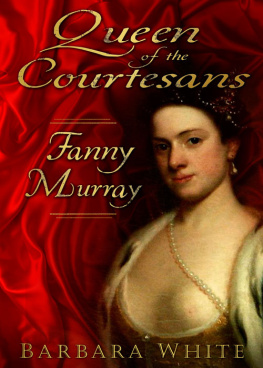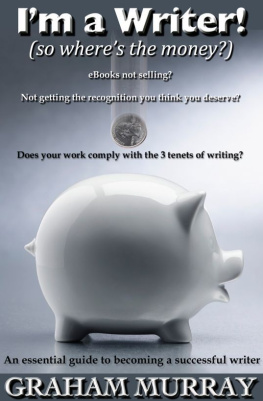Acknowledgments
I would like to thank the library staff at the Adirondack Experience at the Museum on Blue Mountain Lake for their gracious help in accessing the museums Murray archives. Also, thanks go out to Julie Laing who helped with editing earlier versions of this work.
Thanks to the great people at SUNY Press and a special thank you to my wife Sarah, whose support was critical to this work.
Afterword
The preceding pages endeavor to reveal the complexity of William Henry Harrison Murray. His was a life marked by continual flux. As a preacher, he swung from an orthodox, old-school theology to a more progressive ministry that emphasized action over dogma. This emphasis on action led Murray to his advocacy for the poor in Boston and other cities in America.
He embraced Muscular Christianity in the face of the physical, mental, and spiritual degradation he witnessed in the new, industrial, and urban society that emerged in the second half of the nineteenth century. Drawing on his experiences in the Adirondacks, Murray advocated time in nature for the members of the newly formed urban middle class who suffered the previously unencountered stresses of city life. In doing so, Murray democratized the retreats previously known only to the wealthy and fostered the concept of the vacation in America.
Murrays progressive attitudes at the pulpit, combined with his oversized character, allowed him to embrace elements of life that more conservative preachers shied from. Murray saw no discord among his love of God, horses, and the outdoors. He pursued each with equal vigor.
As a progressive thinker, Murray was in many ways out of sync with the cultural mainstream of the late nineteenth century, but he did reflect the growing movements of populism and progressivism that would come to a head in the early twentieth century. He advocated for the immigrant poor, the urban worker, and the middle class. He recognized the stress industrialization placed on the physical, mental, and spiritual well-being of a person and advocated restorative vacations in natural surroundings.
Murray believed that physical health went hand in hand with spiritual health. Throughout his life he was a steadfast proponent of temperance. Murray loathed the ill treatment of Native Americans and recognized the proud virtue of warriors such as Sitting Bull. He fought for more equitable divorce laws and the betterment of women within American society. Finally, in his later years, Murray recognized the weaknesses of public education, many of which survive today, and devised and wrote of an alternative approach to educating children.
Despite his original ministerial calling, Murray was anything but saintly. He was a constant self-promoter who continually sought wealth and fame. He deluded himself into believing he was a sharp businessman, regardless of his many financial failures. Murray was easily distracted, constantly pursuing one angle before quickly turning to the next.
As we have seen, after leaving the ministry, Murray entered a period of restlessness. His lack of a flock to lead, combined with numerous financial failures, sent him spinning through California, Texas, Montreal, and travel farther abroad. At the same time, he embraced the free love movement and subjected himself to continued scandal and ridicule in the public eye.
This restlessness ended in Montreal, where he met Frances Rivers. In his later years, Murrays declared trinity of passionstheology, horses, and the Adirondacksmorphed into his family, horses, and the natural wonders of North America. His zest for preaching to congregations in search of spiritual guidance was replaced by a fervent devotion to his wife and daughters. His love of the Adirondacks remained strong but fell within a broader category of admiration for all wonders of the natural environment he witnessed throughout North America. Still, Murrays love for horses held steady throughout his years.
While Murray might have preferred to achieve immortality through his efforts at his stock farm, or his later literary works, his most meaningful and lasting contribution was his advocacy of the outdoors and the value of vacation for the urban class. The easily read, funny, over-the-top, and, at times, simplistic Adventures in the Wilderness; or, Camp-Life in the Adirondacks,had a lasting impact on American culture. With that one volume, Murray introduced thousands of nineteenth-century Americans to the wonders of the natural world, its restorative power, and the joys of camping. Perhaps most significantly, Murray convinced the people they could do it too. By empowering his readers, William Henry Harrison Murray democratized the wilderness.
Yet, as this work has attempted to demonstrate, Murray was greater than his ode to the Adirondacks. He was a man of many passions, who constantly sought to share those passions with his fellow man, so convinced he was of their intrinsic worth. He was a man whose beliefs and values evolved with the tide of nineteenth-century progressivism, and in many ways Murrays life reflects the social reform movements that have shaped our modern society.
Books by W. H. H. Murray
Adventures in the Wilderness, Or Camp Life in the Adirondacks

